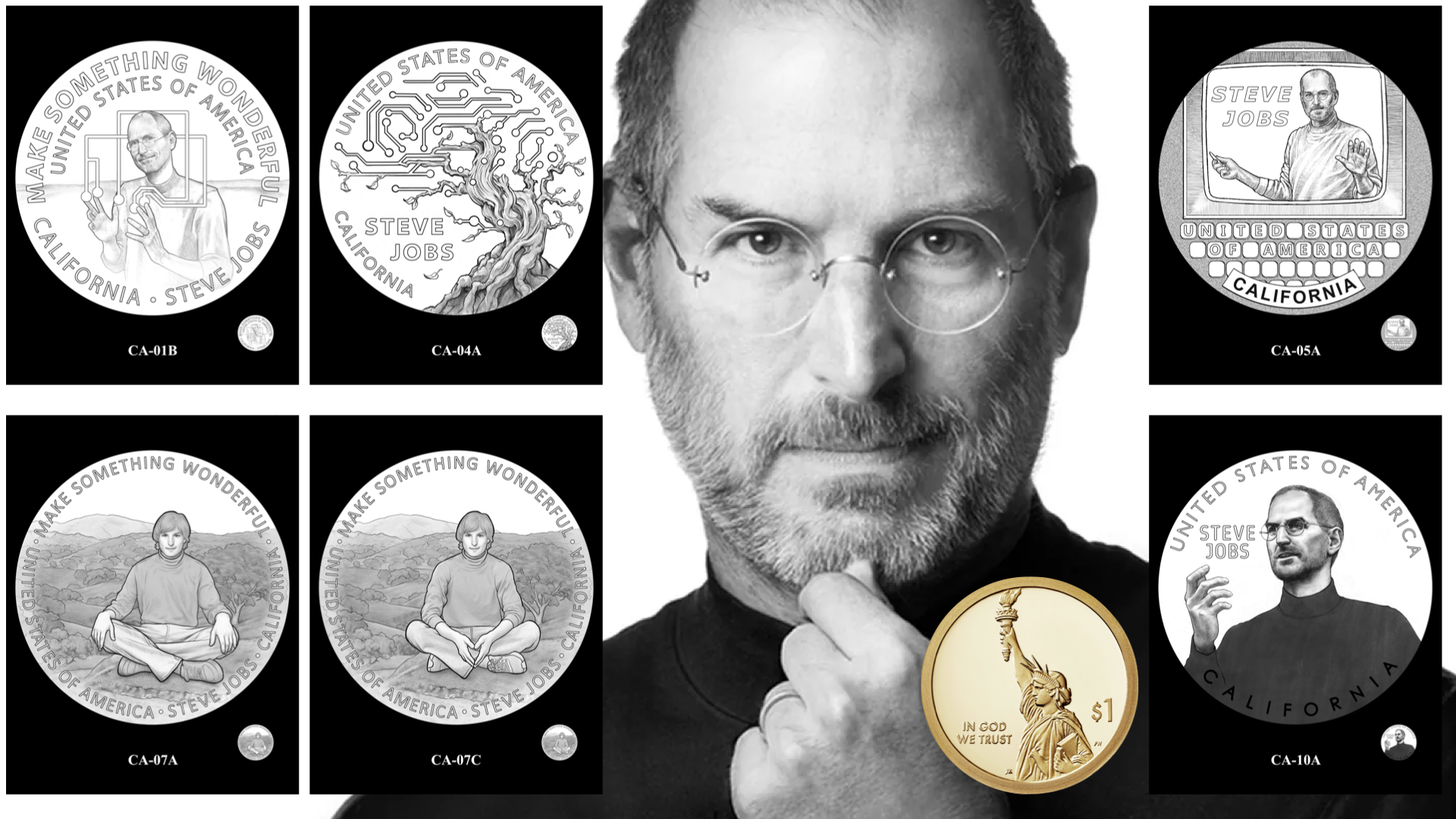Sharing Their Stories: Ten Books That Honor Great African Americans in Horse Racing

The sport of horse racing might have started with the simple question of whose horse is fastest, but centuries of such challenges have morphed that humble query into a full-fledged industry, replete with stories of great horses and the humans behind them. Racing reflects the world it inhabits, a mirror for the societal and economic conflicts playing out in the background.
African Americans once dominated all facets of racing, winning the country’s biggest races and producing some of history’s great racehorses. As systemic discrimination took hold in the early 20th century, they were pushed to the margins, their contributions excluded and obscured. These books help revive their stories, bringing names like Isaac Murphy and Jimmy Winkfield back into focus to celebrate their achievements and impacts.
“Black Maestro: The Epic Life of An American Legend,” by Joe Drape
Drape’s “Black Maestro” tells the remarkable story of Jimmy Winkfield, from humble beginnings in Kentucky to becoming one of the greatest jockeys of his time, winning back-to-back Kentucky Derbys in 1901 and 1902. When racial discrimination forced Winkfield to leave the United States, he continued his career in Europe, where he thrived in countries like Russia and France, navigating wars, revolutions, and personal hardships, always managing to reinvent himself. The book captures this jockey’s resilience, talent, and adventurous spirit, portraying him as a symbol of perseverance in the face of racial and societal obstacles.
Shrager’s book dives into the context surrounding the first Kentucky Derby, including the state of racing in the years immediately after the Civil War, when formerly enslaved jockeys and trainers dotted the landscape. He highlights the significant participation of African-American jockeys in the inaugural run for the roses, with 13 of the 15 riders being Black, a stark contrast to modern times. Central to the narrative is Aristides, the underdog “little red horse” that defied expectations to win the first Derby and owner H.P. McGrath’s efforts to fix that race and others in favor of his other horse, Chesapeake. The end result is a portrait of a seminal event in racing history and how much the sport has changed since that sunny day in Louisville.
Hotaling’s book explores the overlooked history of Black jockeys who played a dominant role in American horse racing during the 19th and early 20th centuries. He highlights the contributions of African-American riders, trainers, and horsemen, including legendary figures like Isaac Murphy, Jimmy Winkfield, and Alonzo Clayton, detailing how these men shaped the sport, overcoming racism and exploitation while achieving remarkable success. He also focuses on the systematic exclusion of these skilled horsemen through their white peers’ segregation and discrimination. Blending Hotaling’s expert research with vivid storytelling, this book sheds light on the crucial but largely forgotten role of Black athletes in what was once America’s most popular sport.
“Isaac Murphy: the Rise and Fall of a Black Jockey,” by Katherine C. Mooney
One of America’s first Black sports celebrities and a preeminent jockey in the late 19th century, Isaac Murphy was born into slavery in 1861 in Kentucky and rose to prominence by securing three Kentucky Derby victories in 1884, 1890, and 1891, achieving a remarkable career win rate of 44%. Despite his success, Murphy’s career was marred by racial discrimination and allegations of misconduct, including a controversial accusation of racing under the influence in 1890, which he refuted, claiming he had been poisoned. Mooney’s biography not only chronicles Murphy’s personal and professional challenges but also contextualizes his story within the broader societal shifts of post-Civil War America, exploring themes of race, sports, and the evolving landscape of a multiracial democracy.
“The Last Black King of the Kentucky Derby,” by Crystal Hubbard and Robert McGuire
Written by Crystal Hubbard with illustrations by Robert McGuire, “The Last Black King of the Kentucky Derby” tells the inspiring true story of Jimmy Winkfield, the last Black jockey to win the Kentucky Derby.
Written for younger audiences the book follows Winkfield’s journey from humble beginnings to becoming a top jockey in the early 1900s. Despite facing racial discrimination and the increasing exclusion of Black riders from horse racing, he won back-to-back Kentucky Derbys in 1901 and 1902. His career eventually took him to Europe, where he found success racing in Russia and France.
“Once Upon a Horse: The Jockey and Her Horse,” by Sarah Maslin Nir and Raymond White
Inspired by the true story of Cheryl White, the first Black female jockey in the United States, Nir’s middle-grade novel shares White’s journey from dreamer to doer, co-author Raymond White adding a depth of detail that fleshes out this story in a relatable and inspirational way. Growing up on her family’s Ohio Thoroughbred farm during the late 1960s, White aspired to break racial and gender barriers in horse racing as the book explores Cheryl’s personal struggles and triumphs as well as the broader history of African-American jockeys in the sport. Illustrated with black-and-white art by Laylie Frazier, the story aims to inspire young readers by showcasing themes of perseverance, self-belief, and the pursuit of dreams in the face of adversity.
“The Prince of Jockeys: The Life of Isaac Burns Murphy,” by Pellom McDaniels III
“The Prince of Jockeys” is a detailed biography of Isaac Murphy, one of the greatest jockeys in American history. Born in 1861 in Kentucky, Murphy rose from humble beginnings to become a dominant force in horse racing during the late 19th century. McDaniels explores the rider’s remarkable career, including his three Kentucky Derby wins and unprecedented 44% win rate, a record still unmatched. Beyond his racing accomplishments, the author also examines Murphy’s life as a respected figure in both the African-American community and the broader sports world. placing the Kentucky native’s story within the larger context of race, sports, and American history, offering a compelling look at a forgotten icon.
“Race Horse Men: How Slavery and Freedom Were Made at the Racetrack,” by Katherine C. Mooney
Mooney explores the deep connections between horse racing and the history of slavery, segregation, and Black labor in America. She focuses on the Black horsemen — jockeys, trainers, and grooms — who were central to the sport from its earliest days but were gradually pushed out due to racial discrimination. Mooney sheds light on the social and economic dynamics that shaped their lives, revealing how their work reflected broader struggles for freedom and equality in America. Many built their skills as enslaved persons before the Civil War and had to navigate the thrills their success brought and the threat that very success posed to the people who resented the societal changes brought on by the war.
“Sylvia Rideoutt Bishop Had a Way with Horses,” by Vicky Moon
Moon chronicles the life of Sylvia Rideoutt Bishop, the first African-American woman licensed as a racehorse trainer in the United States. Born in 1920 in West Virginia, Bishop’s passion for horses ignited at age 14 after a pony ride, leading her to work at Charles Town Race Track, where she began as a groom and hot walker. Despite the dual challenges of racial and gender barriers, Bishop’s determination propelled her to train approximately 200 horses, primarily at Charles Town, throughout her career. Her clientele included notable figures such as Texas oil baron Nelson Bunker Hunt and Virginia real estate investor Edward L. Stephenson.
“Wink: The Incredible Life and Epic Journey of Jimmy Winkfield,” by Ed Hotaling
Hotaling’s biography of Jimmy Winkfield, the last Black jockey to win the Kentucky Derby, explores the famed jockey’s remarkable career amidst the challenges of the sport and society in the early 20th century. His status as a Black man made him a target for white riders who were rapidly pushing African Americans out of the sport. Winkfield then moved to Europe, building a legendary career in Russia, France, and other countries. Hotaling paints a vivid picture of Winkfield’s resilience, talent, and determination, offering insight into both his personal life and the broader historical context of Black jockeys in horse racing.
Related
American Reporter Snubs Kentucky Derby and California for Non-USA Horse…
Do you recall when Mike Repole gave an early warning to the American horse racing industry? The American businessman remarked, “You’re not a national sport
Saudi Cup: Forever Young Draws Outside, Romantic Warrior Inside
For a horse race billed as the richest in the world, there sure doesn’t seem to be much buzz around the $20 million Saudi Cup (G1) in Riyadh, Saudi Ara
Where to watch Saudi Cup race 2025 live stream, TV…
Top thoroughbreds and jockeys from around the globe will be seen in action this weekend as the Saudi Cup 2025 gets underway in Riya
Investigation turns up an Illicit drug in a dozen racehorses…
ALBUQUERQUE, N.M. (AP) — New Mexico regulators have suspended two prominent horse trainers after tests turned up a ba










